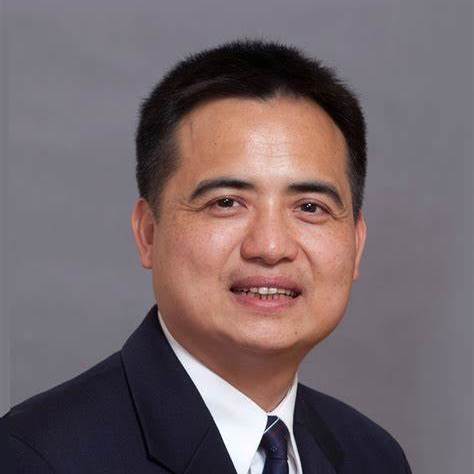
Liaoteng Wang
Partner, Beijing East
Dr. Wang is the managing partner for the firm’s Silicon Valley Office. He joined Beijing East IP in 2016 and is leading the firm’s U.S. operations.
Prior to joining the firm, Dr. Wang practiced law in Silicon Valley for ten years as an in-house general counsel at an Intel-backed software startup and a top global technology company (2010-2016), and as an associate attorney with WSGR and Dewey & LeBoeuf (2006-2010). Before moving to Silicon Valley from Madison, Wisconsin, Dr. Wang interned for Judge Randall R. Rader at the Court of Appeals for the Federal Circuit in Washington, D.C. (2006), and gained patent prosecution experience in Minneapolis with Fish & Richardson (2005).
Before embarking on a career in law, Dr. Wang was an avid scientist conducting scientific research under the supervision of Dr. Judith Kimble (former President of the Genetics Society of America and Society for Developmental Biology) and Dr. Marvin Wickens (former President of the RNA Society) at the University of Wisconsin at Madison, and published in the world-renowned journal Nature his serendipitous but important discovery of a family of enzymes essential for germline and embronic development, the function of brain, and the translational control of gene expression. As an undergraduate researcher, Dr. Wang studied molecular enzymology under the guidance of Dr. Hai-Meng Zhou in Tsinghua University.
Dr. Wang lives in Palo Alto with his wife and children. In his spare time, he enjoys jogging in the serene midtown neighborhood, hiking at the Stanford Dish, hanging out with friends, and sightseeing in the San Francisco Bay Area with his family.

Recent Articles by Liaoteng Wang
On October 17, 2020, the Standing Committee of the Thirteenth National People’s Congress (China’s top legislature) passed the Fourth Amendment to the Chinese Patent Law, which will become effective on June 1, 2021 (“Effective Date”). As I was digesting the news and browsing through the 29 newly published changes made to the previous version of the Chinese Patent Law, which was passed in 2008, a line from “The Song of the Pipa Player”, a popular poem written in 816 A.D. by Bai Juyi (one of the three most famous poets in China’s Tang Dynasty), came to mind: “Only after our repeated calls did she appear; her face half hidden behind the pipa she held.” Indeed, while the First, Second, and Third Amendment to the 1984 Chinese Patent Law each came out with clockwork precision eight years after the previous enactment—in 1992, 2000, and 2008, respectively—this Fourth Amendment took 12 years to incubate, and struck a number of new areas that will need to be further revealed in future practice.
Much has happened to the patent subject matter eligibility standard in the U.S. since Mayo. On April 27, 2020, Judge Paul Michel and John Battaglia published an excellent article on IPWatchdog analyzing the U.S. Section 101 patent subject matter eligibility jurisprudence. In that article, Judge Michel and Battaglia reminded judges and practitioners to reference “the more-favorable foreign patent laws on the patent eligibility for diagnostic testing, business methods and software … in countries such as England, China, or the European Union … to inform such a judicially created ineligibility standard, as opposed to the U.S. Constitution or a federal statute.” Here, we take a quick comparative look at the current patent subject matter eligibility standard in China.


![[IPWatchdog Logo]](https://ipwatchdog.com/wp-content/themes/IPWatchdog%20-%202023/assets/images/temp/logo-small@2x.png)
